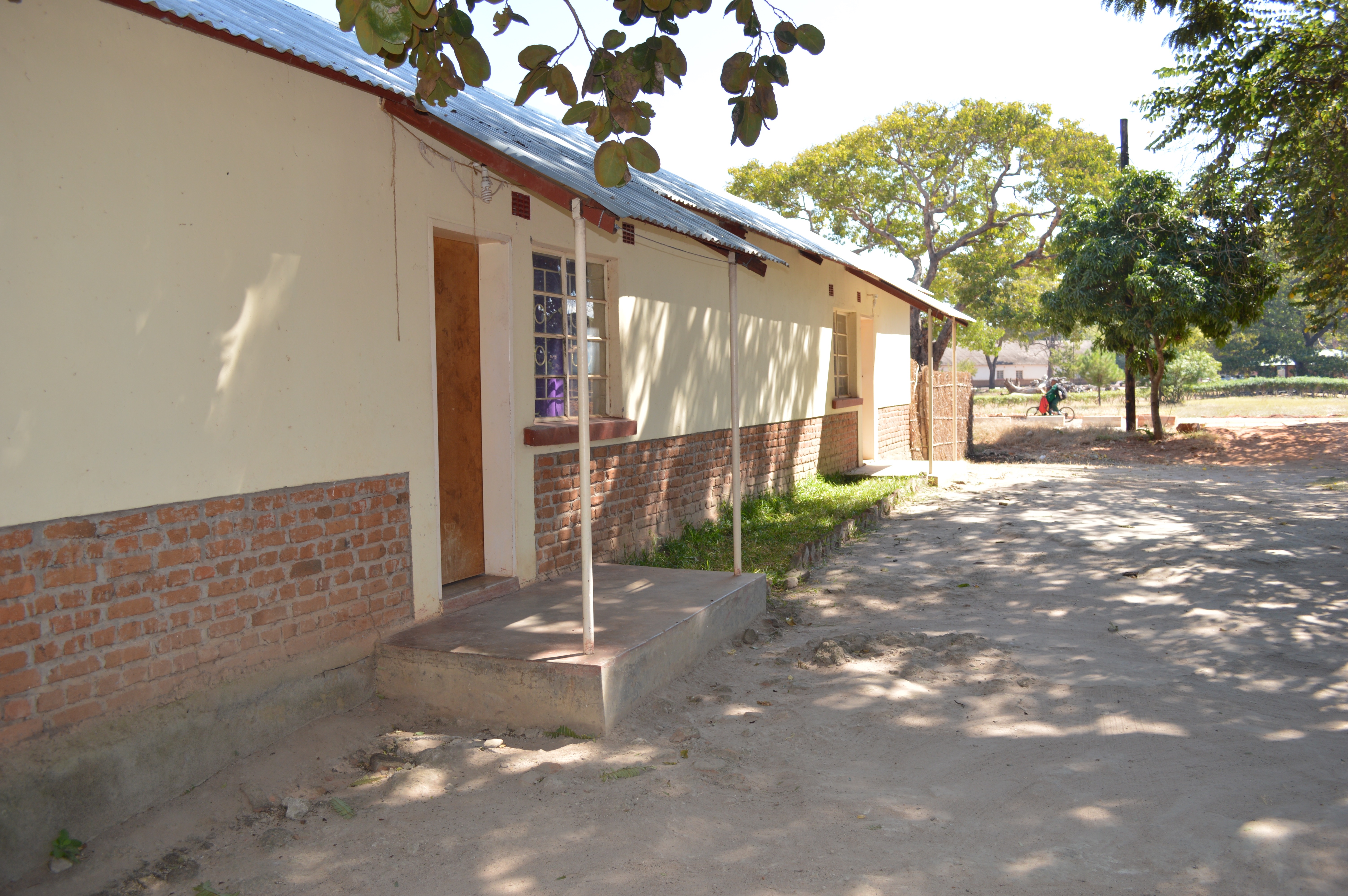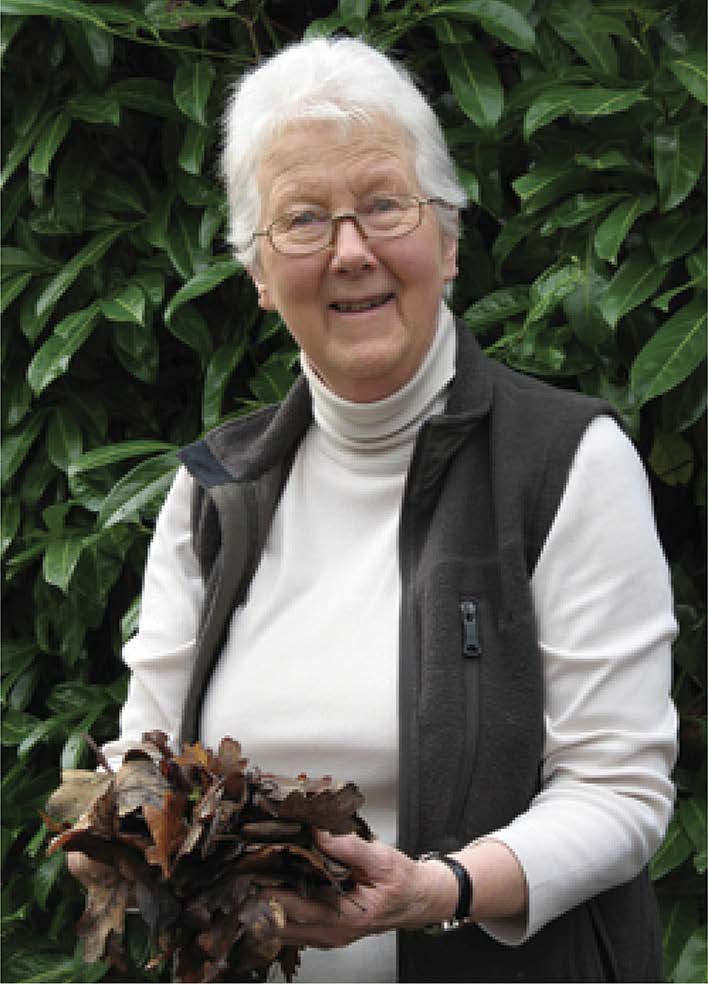
Revd Dr Anne Bayley OBE FRCS FRCSEd
Revd Dr Anne Bayley OBE FRCS FRCSEd
Monday 27th October, 2025

Anne Bayley was a graduate of Girton College, Cambridge and the Middlesex Hospital Medical School, qualifying as a doctor in 1958. As a junior doctor she rotated through various hospitals in England but also worked at St Francis’ Hospital, Katete, Zambia in 1961–62 under surgeon and missionary, James Cairns FRCS OBE OGDS (Zambia). Her decision to become a surgeon was made gradually, inspired by her medical school experience, there being no option for a woman to become a priest in the 1960’s. After Katete, shereturned to England to train and study for her surgical fellowship (FRCS) which she gained in 1968. Keen to return to surgery in Africa, she was appointed as a Lecturer in Surgery at the Korle Bu hospital, Accra, Ghana from 1968–1970.
In 1971 she moved as Senior Lecturer to the University of Zambia (UNZA) and the University Teaching Hospital in Lusaka, just as the School of Medicine was established. Following Foundation Professor Imre Loeffler’s departure for Nairobi in 1974, she led the Department of Surgery, later becoming its Professor serving Zambia in that role until 1990. During this period UNZA established its postgraduate surgical MMed programme and during Anne’s tenure, the first seven candidates were enrolled and graduated. Anne also served on the Council of the Association of Surgeons of East Africa (ASEA), was its President in 1983–1984, an associate editor of its Proceedings and the 1993 Rahima Dawood Travelling Fellow.
Her specialty was surgical oncology and some of her early publications involved treatment of hepatocellular carcinoma. In the early to mid 1980’s she began to observe cases of atypical, aggressive Kaposi’s sarcoma, different in presentation from the previously described endemic form. She made the link between these cases and the immunodeficiency associated with HIV (then termed HTLVIII) infection and AIDS, the latter also colloquially termed ‘‘Slim Disease’’ in East Africa. HIV was then spreading rapidly South and across sub-Saharan Africa. In the early 1980’s AIDS was thought only to be transmitted by men to men, or through blood transfusion, as in the Western world it was initially most prevalent in the gay community. However, in the mid 1980’s, prompted by Anne’s clinical reports, the US Centre for Disease Control (CDC) sent a team to work in Lusaka, and this collaboration resulted in a publication recognising the heterosexual transmission of HIV. The next 5–6 years saw Anne produce several key papers on the topic, as she travelled widely to raise awareness, to highlight the high mortality associated with HIV infection, as well as the plight of the orphans left after the untimely death of their parents. She was deservedly awarded an honorary fellowship of the Royal College of Surgeons of Edinburgh in 1986, recognising her work initiating surgical training in Zambia, as well as being a leading authority on Kaposi’s sarcoma and the surgical pathology of HIV.
In 1990, somewhat burned out by the rapid spread of the HIV pandemic in sub-Saharan Africa, Anne left Zambia to undertake theological training in England. In 1992, the General Synod of the Church of England finally agreed, after 19 years of debate and division, to ordain female priests. The first 32 women were ordained in March 1994, the year Anne was also ordained into the Anglican priesthood.
She also continued her interest in AIDS, particularly the ethical issues raised by the pandemic, and wrote One new humanity: the challenge of AIDS, published by SPCK in 1996. She also co-authored two CALLED TO CARE workbooks: no. 3, Time to Talk, and no. 9, More and Better Food of which tens of thousands of copies have been distributed in multiple languages. Whilst living in England, she travelled frequently back to East, Central and Southern Africa to run training workshops and attend meetings, all related to improving the health and well-being of the general population.
Anne retired from her work as a priest and lived her final years in Surrey, England. During her professional life she realised both her career dreams – to practice surgery and to become a priest. In 2020, the Levy Mwanawasa Medical University in Lusaka, Zambia, recently named the Rev Prof Anne Bayley lecture theatre in her honour.
Anne died in December 2024.
As she was the first doctor to join James Cairns at St Francis’ Hospital, Katete in Zambia in 1961, the Friends of St Francis Katete Charitable Trust are raising funds to build a Doctor’s house at St Francis’ Hospital in her memory.
If you would like to donate towards this project, please go to the donation page on this website. It would also be very helpful you could notify the Charity’s Treasurer Canon Andrew Cairns that you donation should be allocated towards this project. His email address is andrew.cairns[at]fosfkct.org.uk.